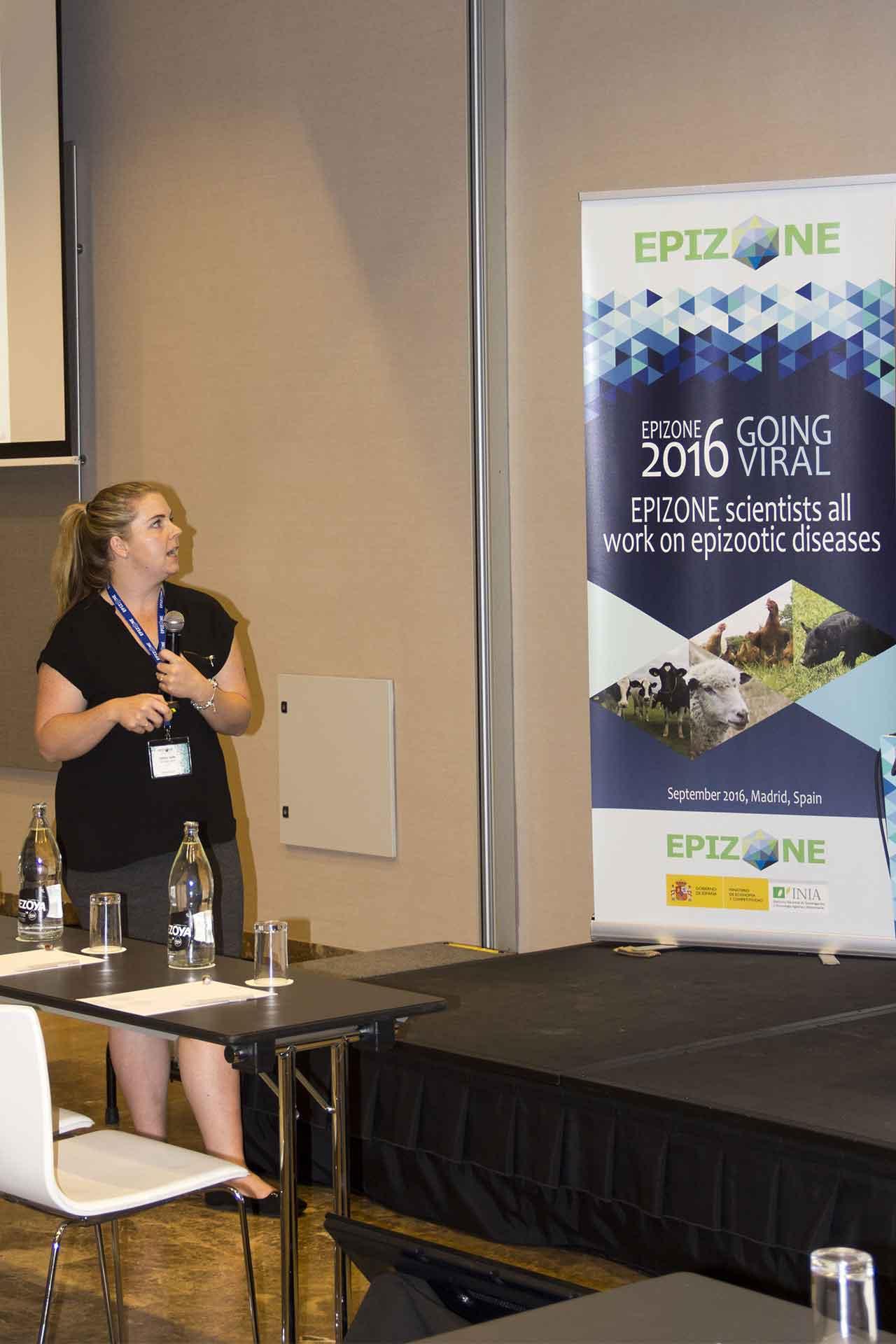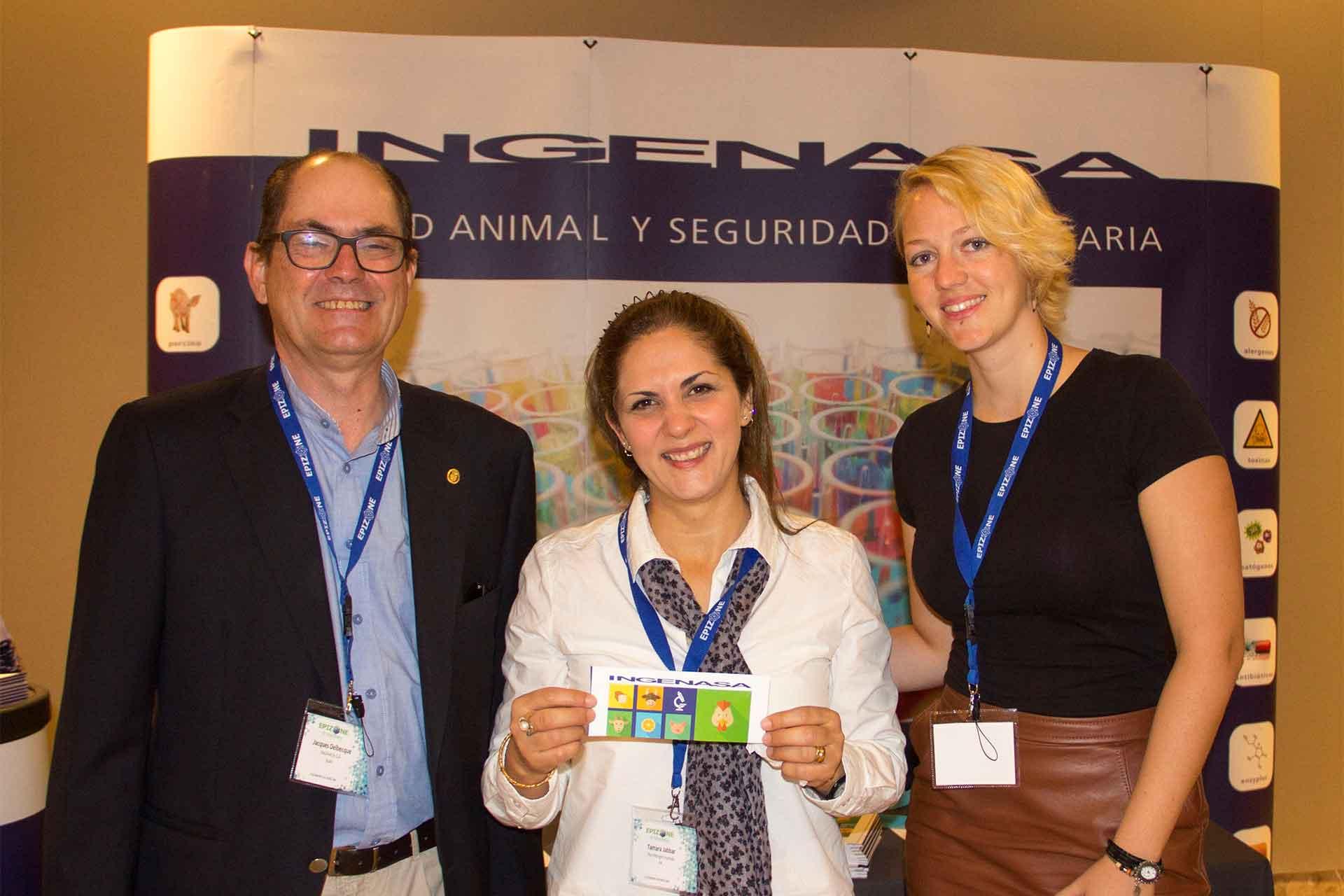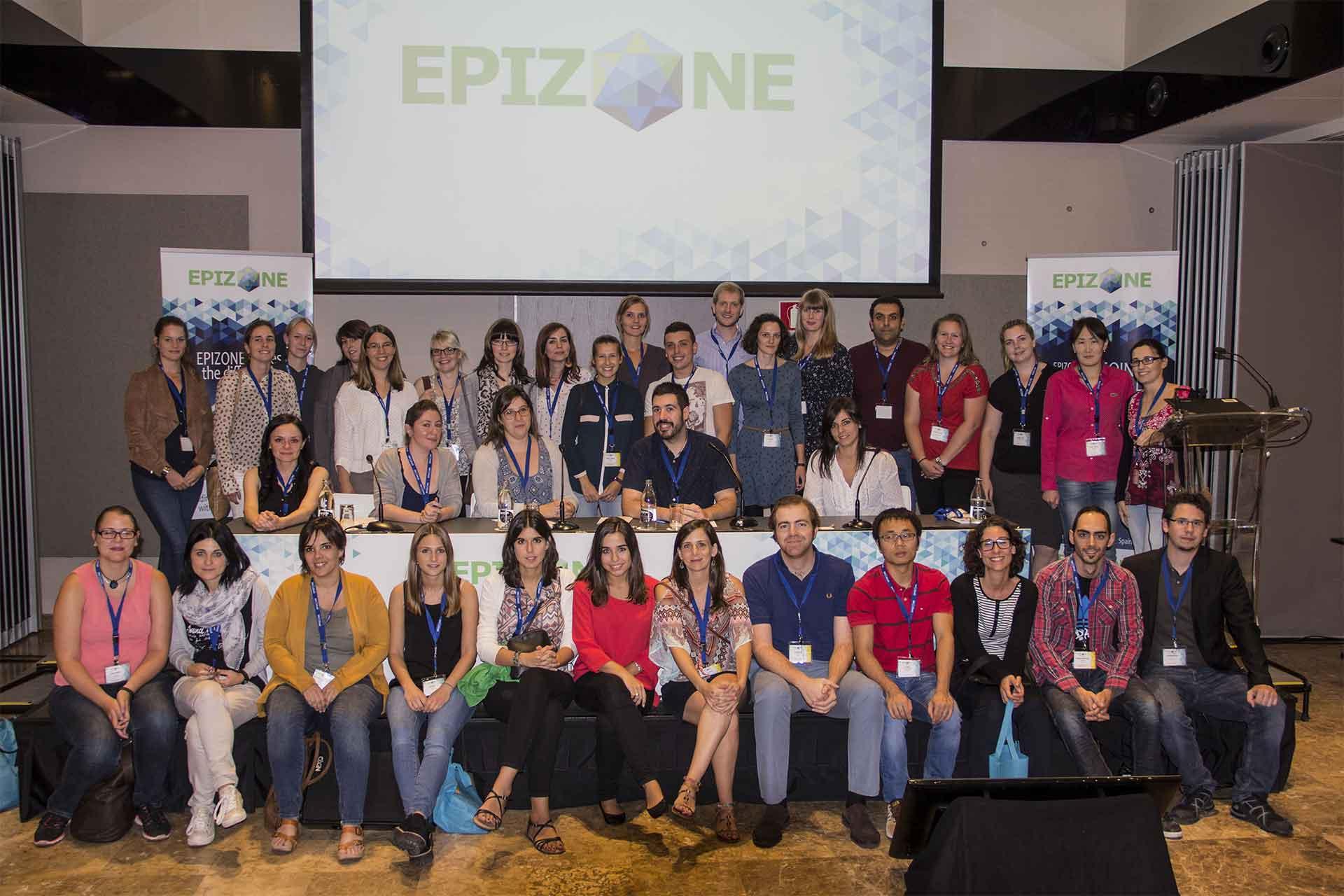Training is a key part of The Pirbright Institute’s mission and each year the Institute offers a diverse range of research projects for prospective PhD students. During their time at Pirbright, students would normally attend (and hopefully present at), at least one international conference - supported by senior Institute scientists.
Dr Lynda Moore, Head of Academic Affairs and Training at the Institute, believes attending international conferences is a crucial part of a student’s development: “Students are strongly encouraged to attend at least one, preferably international event, while they are with us. Such events are invaluable opportunities; helping to build a student’s confidence both in regards to networking and presenting their work.
“Part of our role at Pirbright is to prepare them for their future career, which might be in research or a variety of other science-related fields. Conferences bring together likeminded people from a variety of backgrounds, and students can make important contacts that make all the difference to their future”.
Recently a delegation of scientists and PhD students attended the 10th Annual EPIZONE conference (the European research group) in Madrid, to share their research on some of the viral diseases studied at Pirbright, including African swine fever virus, African horse sickness virus and bluetongue virus.
Young scientist Lyndsay Cooke, who is studying bluetongue virus, was one of several Institute students attending EPIZONE and she found it a very valuable experience: “This was the first time I had presented my own work at an international conference and it was a fantastic opportunity to highlight my findings, and of course promote myself and my research to potential future collaborators, funders and employers.

“There was a diverse range of topics on animal diseases discussed at the conference, giving us access to some world-leading experts.
"I found the networking opportunities during the conference particularly helpful, as they give you a perfect chance to meet, discuss and troubleshoot your science with others working elsewhere on the same issue or virus.
“Organisers also held `Young EPIZONE` - this was a pre-conference event for all the young scientists that were attending. This was a fun ice-breaker for the main conference, which not only helped me get to know other students, but also provided useful advice from various speakers on networking, promoting your research and applying for funding”.
Tamara wins first prize for Pirbright
Former Institute student, Dr Tamara Jabbar, was also part of the Institute delegation at EPIZONE, and presented her research in the poster exhibition - winning first prize! The poster, which illustrated her study comparing different methods of immunising pigs against African swine fever virus (ASFV), was judged both ‘eye catching’ and ‘informative’ by the international judges.

Creating an award-winning poster isn’t easy however, as scientists need to communicate complex science in an accessible and creative way, in a limited space.
Tamara said: “Design is very subjective, but if you can use some striking images I think that really helps. I included some humour too, which is also subjective, but the judges really liked my cartoon, so it worked very well for me!”

